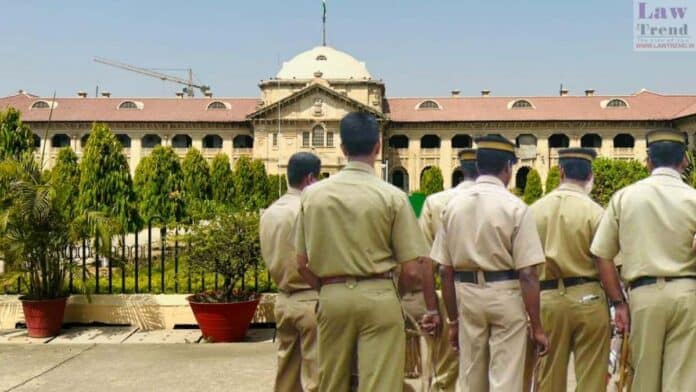The High Court of Judicature at Allahabad has ruled that a resignation letter submitted by a police officer without the mandatory two-month notice period is “defective” and cannot be accepted by the department. Setting aside the acceptance of a Sub-Inspector’s resignation, the court held that compliance with Section 9 of the Police Act, 1861, and
To Read More Please Subscribe to VIP Membership for Unlimited Access to All the Articles, Download Available Copies of Judgments/Order, Acess to Central/State Bare Acts, Advertisement Free Content, Access to More than 4000 Legal Drafts( Readymade Editable Formats of Suits, Petitions, Writs, Legal Notices, Divorce Petitions, 138 Notices, Bail Applications etc.) in Hindi and English.




